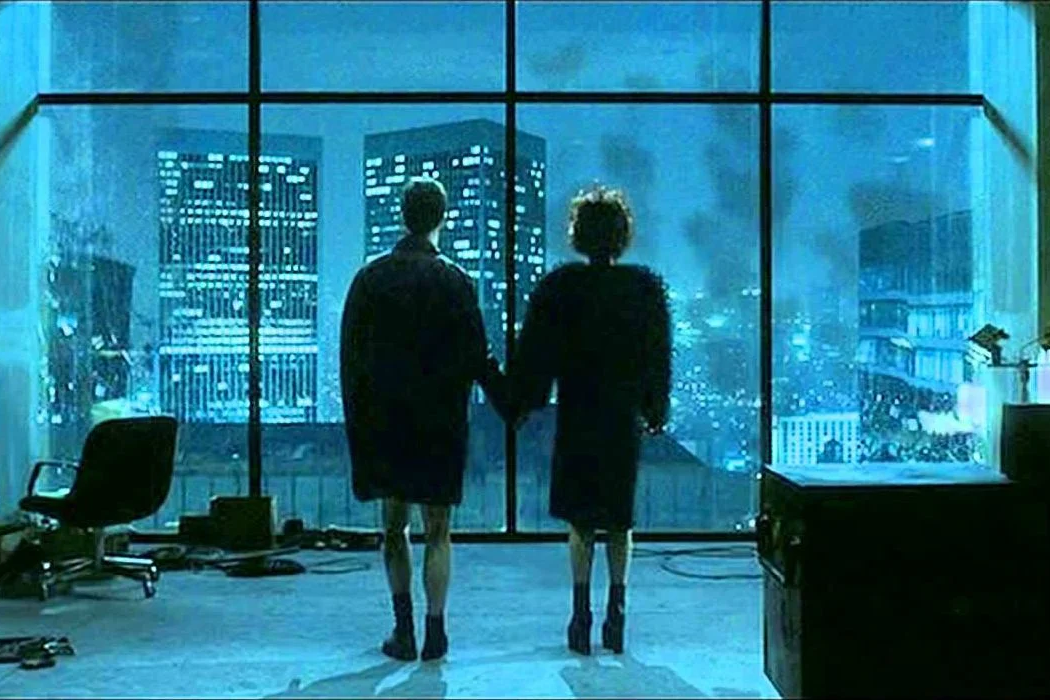Rusty Guinn
Co-Founder and CEO
Rusty Guinn is co-Founder and CEO of Second Foundation Partners, LLC, and has been a contributing author to Epsilon Theory since 2017.
Before Ben and Rusty established Second Foundation, Rusty served in a variety of investment roles in several organizations. He managed and operated a $10+ billion investment business, led investment strategy for the second largest wealth management franchise in Houston, and sat on the management committee of the 6th largest public pension fund in the United States.
Most recently, Rusty was Executive Vice President over the retail and institutional asset management businesses at Salient Partners in Houston, Texas. There he oversaw the 5-year restructuring and transition of Salient’s $10 billion money management business from legacy fund-of-funds products to a dedicated real assets franchise.
He previously served as Director of Strategic Partnerships and Opportunistic Investments at the Teacher Retirement System of Texas, a $12 billion portfolio spanning public and private investments. Rusty also served as a portfolio manager for TRS’s externally managed global macro hedge fund and long-only equity portfolios. He led diligence, process development and the allocation of billions of dollars across a wide range of indirect and principal investments.
Rusty’s career also includes roles with de Guardiola Advisors, an investment bank serving the asset management industry, and Asset Management Finance, a specialized private equity investor in asset management companies.
He is a graduate of the Wharton School, and lives on a farm in Fairfield, Connecticut with wife Pam and sons Winston and Harry. He serves as a member of the Board of Directors of the Houston Youth Symphony, and with Pam has been a long-time supporter and founding Friend of the Houston Shakespeare Festival. He also serves as a member of the Easton Volunteer Fire Company in Easton, Connecticut. Rusty spends his free time smoking meat, working his apple orchard, enjoying whisky, badly butchering progressive rock drumming and jeopardizing long-term relationships through high-stakes board games.
Articles by Rusty:
Polarization often isn’t an accident. It is the result of intentional Narrative construction – constructions designed to make us believe that we are sane and unfairly judged, and that our opponents are insane and hypocritical.
Understanding how to recognize and respond to these constructions in the wild is now an indispensable skill of the citizen.
Social media is not just a delivery mechanism for content.
The delivery of content through social media IS the content.
The outcomes of NFL games are inordinately influenced by officials relative to other sports. This is not new. The narrative environment faced by the NFL in 2021, however, IS new.
I’m not sure they’re ready for it.
We find ourselves together now at the stage of the Widening Gyre in which your political identity now determines the reality you wish to accept about three days of moderate operational difficulties at the ninth largest global airline, as measured by passenger-miles.
A video made the rounds on various social media platforms last night and this morning. By now you have probably seen it. A young man…
The ability to influence our behaviors as information consumers isn’t confined to whether we are explicitly being told how to think about something. Narrative is just as easily communicated through the selective absence of information, through its placement on a page, through the editorial decision regarding the volume and emphasis of its coverage.
We are in the very early innings of the narrative formation around responsibility for the outcome in Afghanistan. Steel yourselves for weeks of gaslighting from every angle. Hooray.
It is a fact that migrants here illegally have spread, are spreading, and will spread Covid-19.
It is also a narrative. A dangerous, seductive, rapidly spreading narrative that will cause many of us to shut off our minds to other facts, which is what narratives DO.
How do we parse the two?
I think there’s a non-zero chance that the delta-variant becomes something that markets really are focused on. Maybe that happens months from now. Maybe days.
But until that happens, the delta-variant narrative explaining markets is a wall of worry, an artificially easy hurdle to climb for a market that only really cares about a dovish Fed sticking to its transitory inflation story.
The language of practically every topic of any social importance is now defined by people discussing how other people are discussing it. It’s true for the environment, race, politics and now – violent crime.
Welcome to Metaworld.







